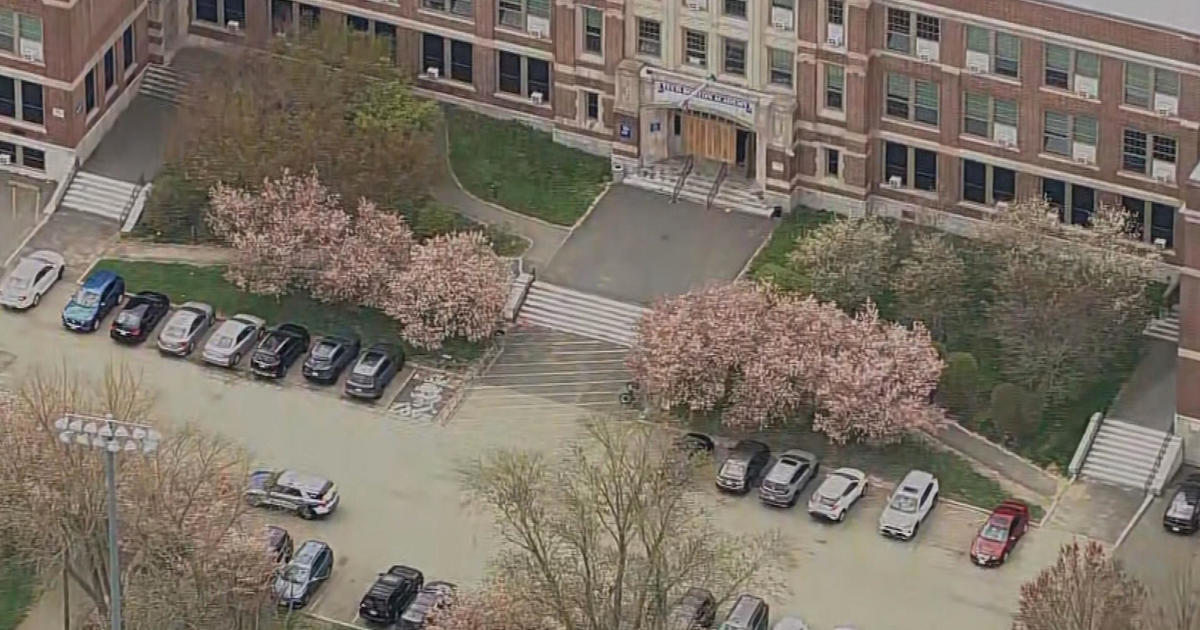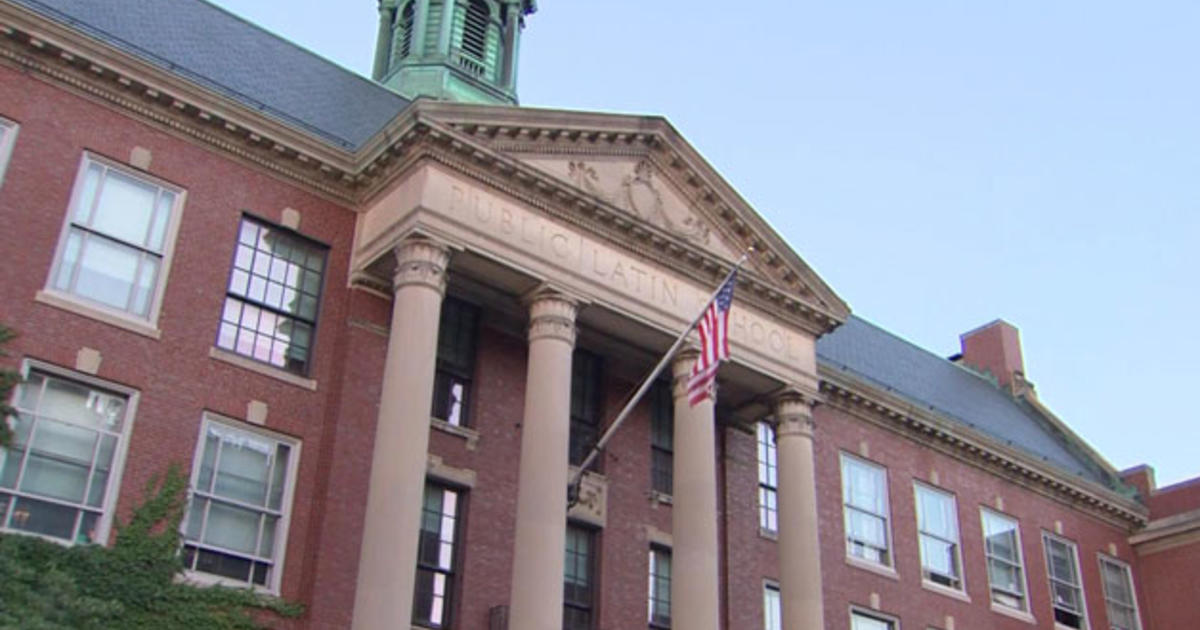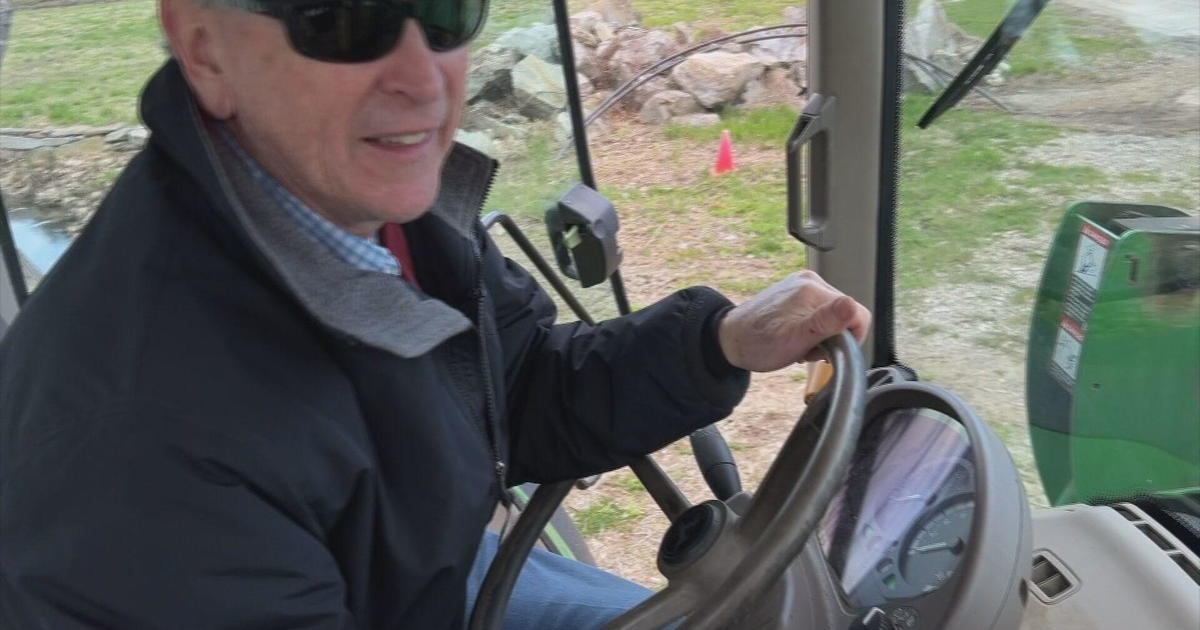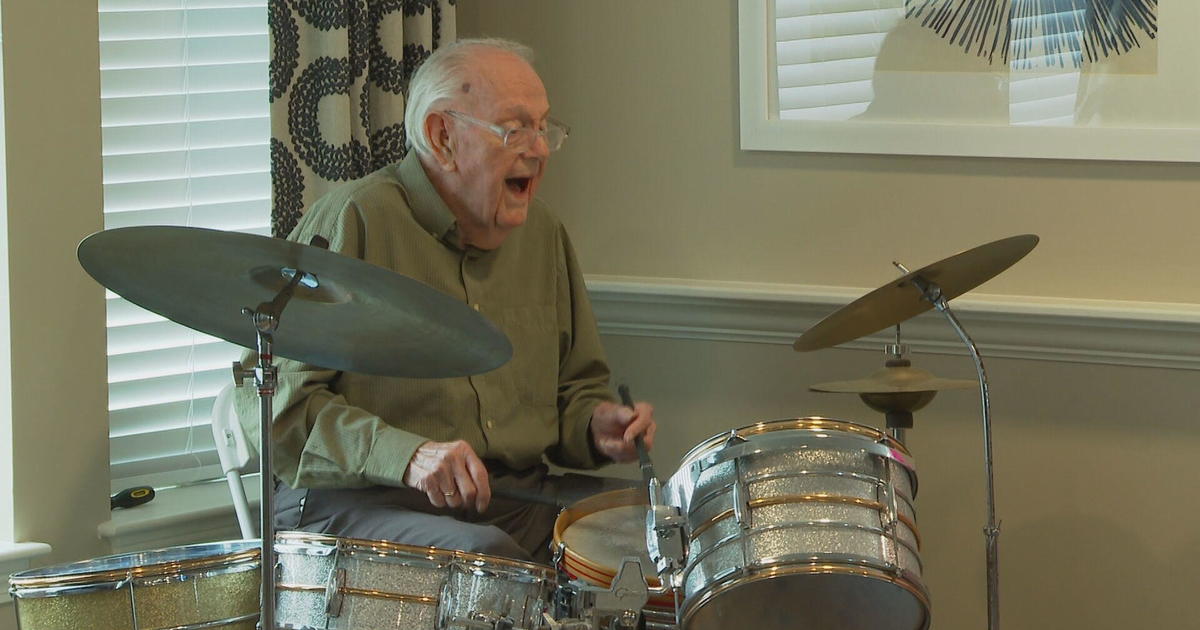I-Team: Mental Health Support Lacking In Many Local Schools
BOSTON (CBS) - Increases of school pressures, suicides and violence have put mental health in the spotlight. The I-Team found some Massachusetts school districts falling well below standards when it comes to one measure of mental health services for students.
"None of us saw this coming," says Galit Grutman of Newton.
Grutman still doesn't know why her 17-year-old son Roee took his own life. But she desperately wishes he would have reached out to someone.
Roee, a junior at Newton South was a good big brother, a great student who enrolled in 5 A.P. classes, and a class officer. This winter, he became the third Newton student this school year to commit suicide.
"Students need to know that they have somebody to go to. Roee probably didn't know," Grutman told WBZ.
"There's just a lot of a stress for kids in many different ways," says Bob Babigian of the Massachusetts School Psychologists Association. "Family stressors, academic stressors, economic stressors," he explained.
The consequences of all that pressure can be chilling.
School districts deploy a network of mental health professionals including social workers, and behavior counselors. However, the National Association of School Psychologists argues they perform a unique role. The group sets a national guideline of one psychologist for every 500 to 700 students
When the I-Team called districts around Massachusetts they found most are nowhere near that recommended number. In fact, in Brockton, there's just one school psychologist for every 1900 students.
Others also failed to meet that standard, districts including Milford, Belmont and Malden. Boston, Woburn and Worcester are all hovering around one school psychologist for every 1000 students.
Only three districts we contacted, Barnstable, Winchester and Newton, met or exceeded the psychologist to student ratio.
We asked Babigian, "with these staffing levels can kids fall through the cracks?"
"I hate to say it. But probably yes," he replied. "Research shows prevention is the most effective way to reduce things like gun violence, bullying, truancy, academic struggles."
For school districts reaching that staffing standard is easier said than done. Superintendents have to juggle the cost of meeting academic needs while providing more services.
"A lot of our superintendents will speak about the need to have more personnel to deal with what they feel to be an ever increasing number of youngsters who need that kind of attention," says Thomas Scott of the Massachusetts Association of School Superintendents.
Social workers, counselors and community groups do help fill in the gaps. But Roee's mother believes more proactive support is needed, whether by counselors, psychologists or someone else, so students like her son know there's a trained adult to talk to.
"If there's only one psychologist at the school for every 1000 kids, I'm not sure, even if he's a superhero, I don't think he can do something. I don't think he can really reach to our students."
MORE HEALTH NEWS FROM CBS BOSTON



